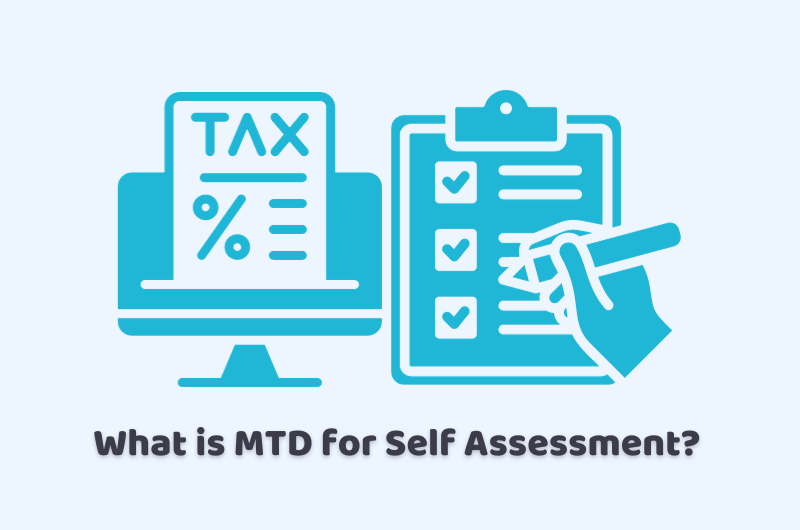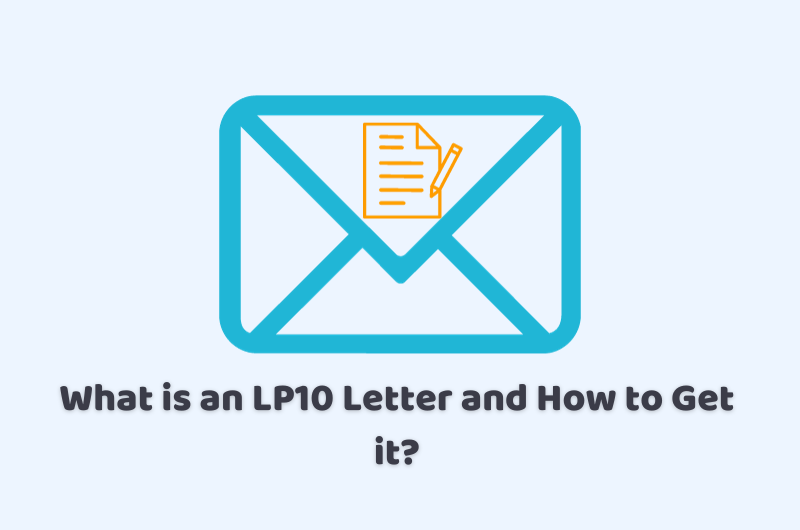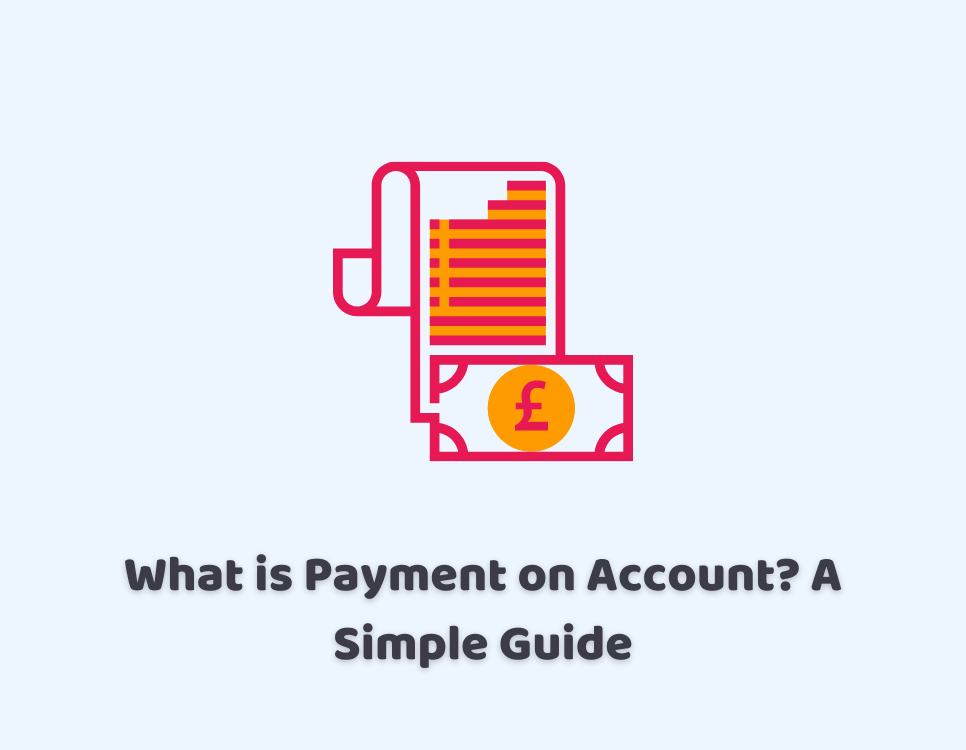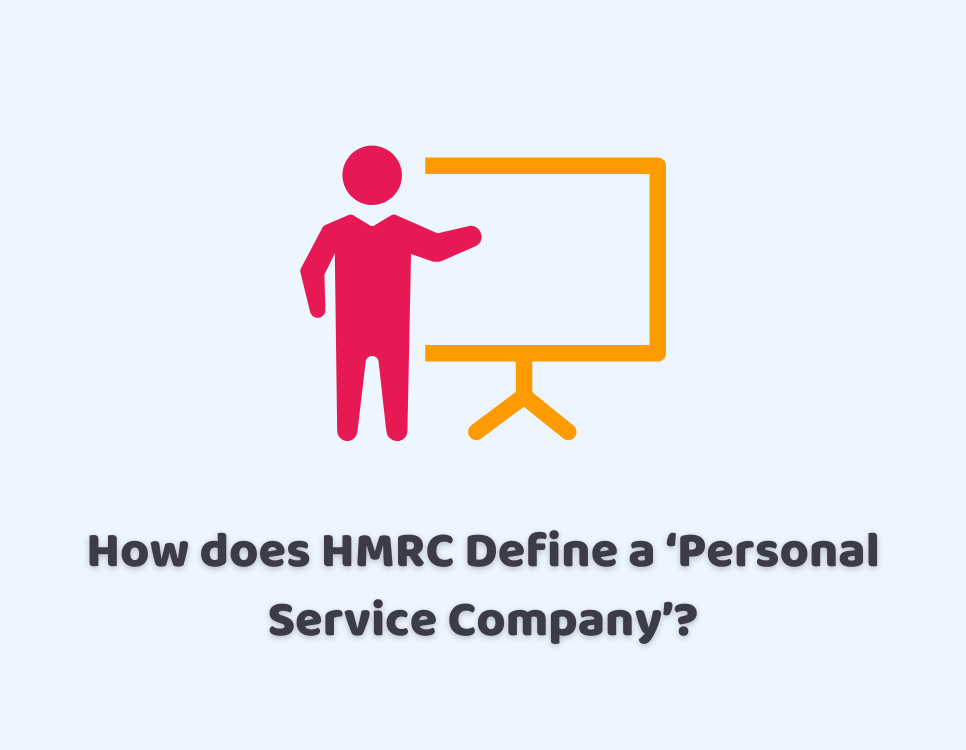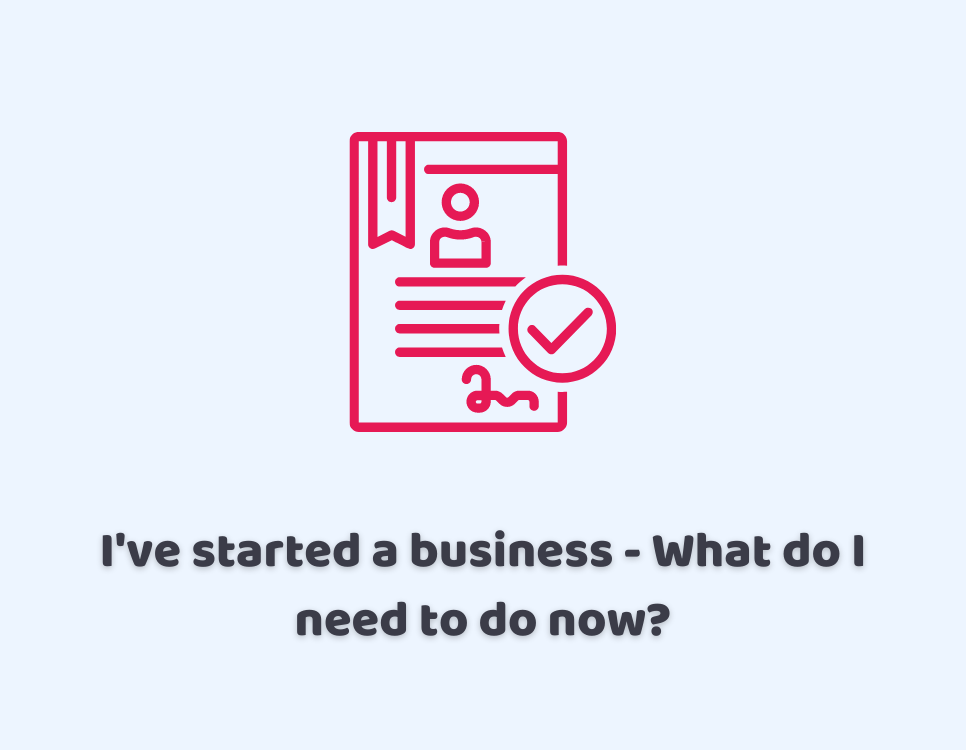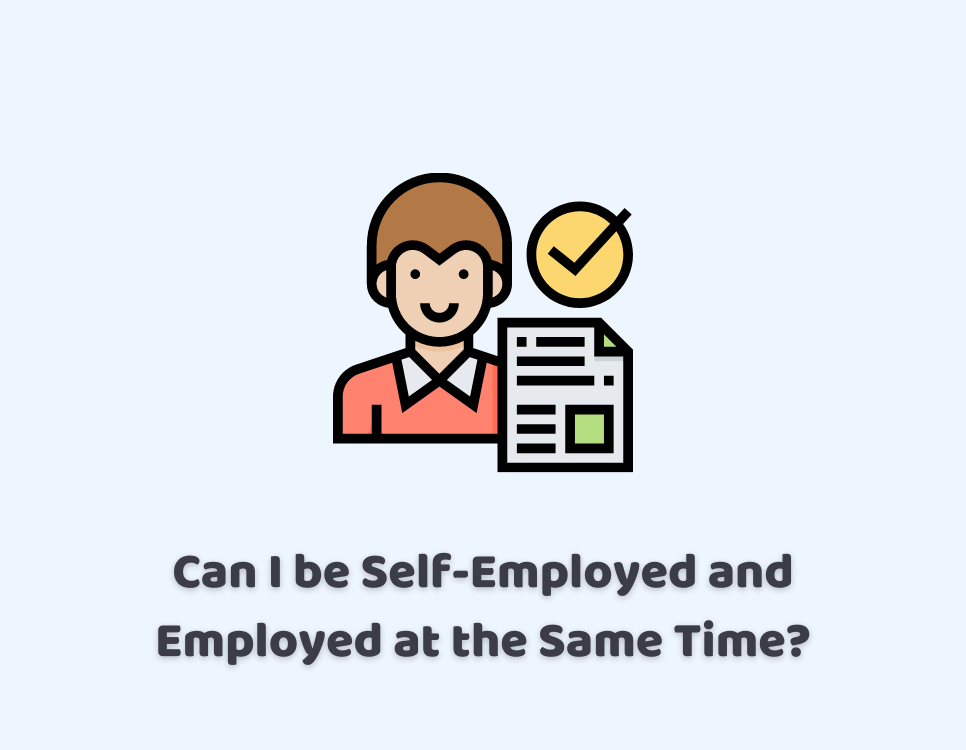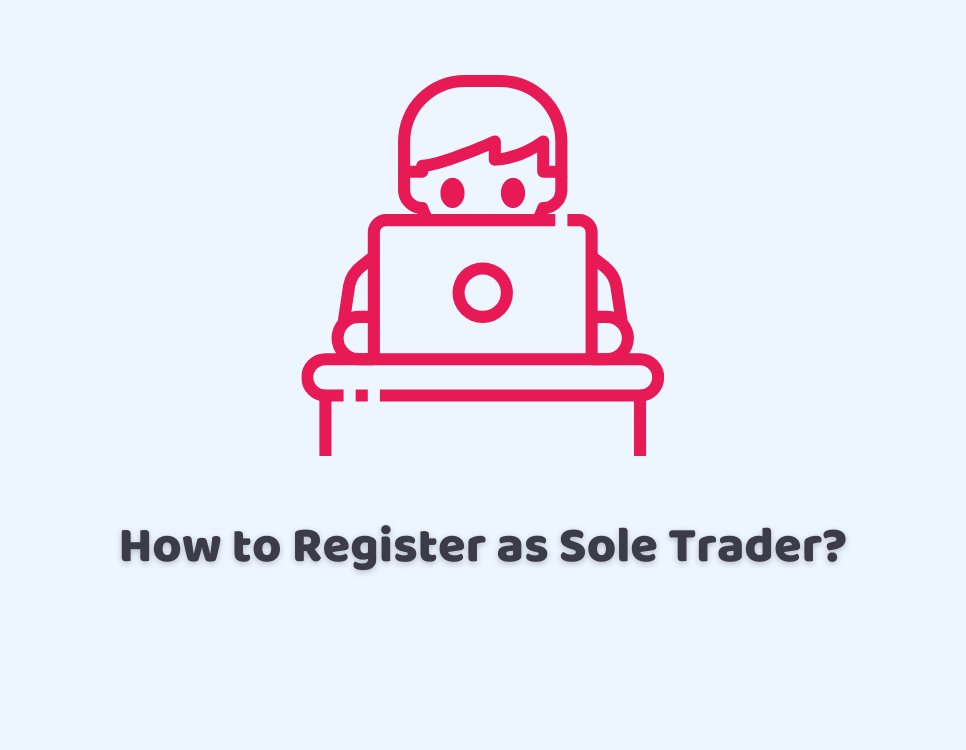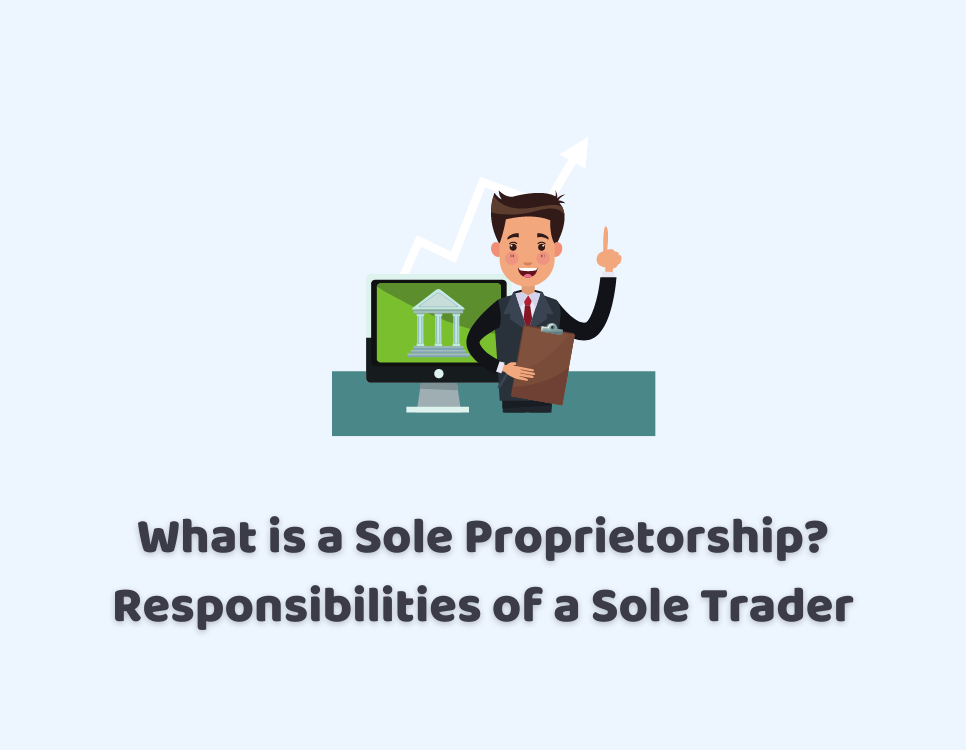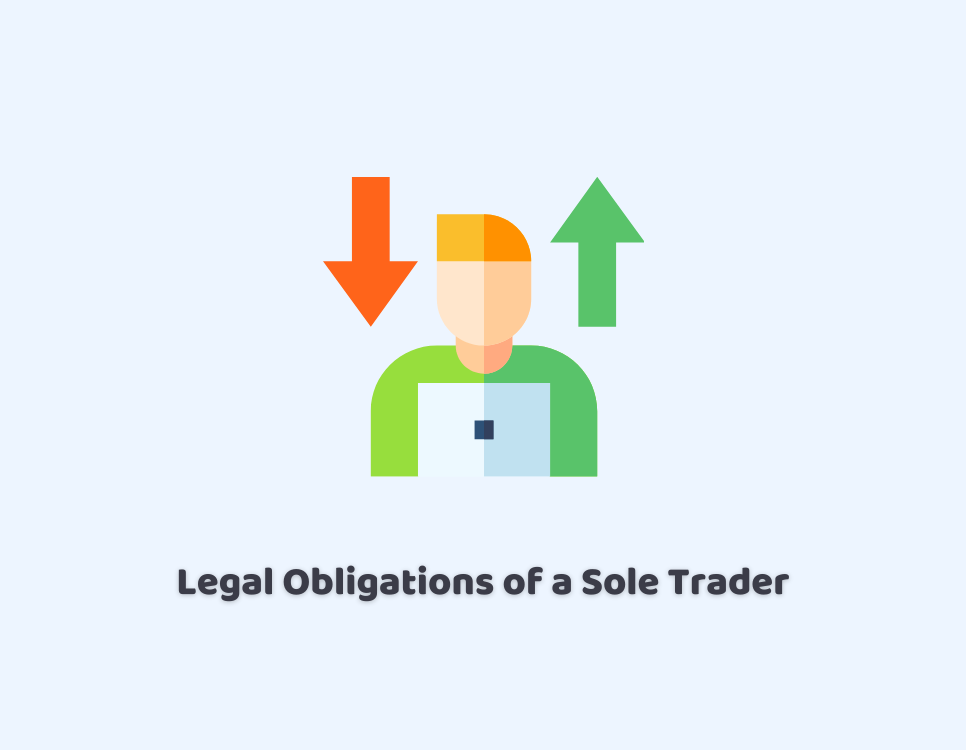09/11/2023Sole Trader , tax , Tax Issues , Tax News and Tips , Tax Saving Tips
Making Tax Digital (MTD) for Self-Assessment is an initiative introduced by HM Revenue and Customs (HMRC) in the UK to modernise the tax system and make it easier for self-employed individuals to manage their taxes. When it’s time to submit your tax return, you can use the digital records to complete and send your return …
Read more

